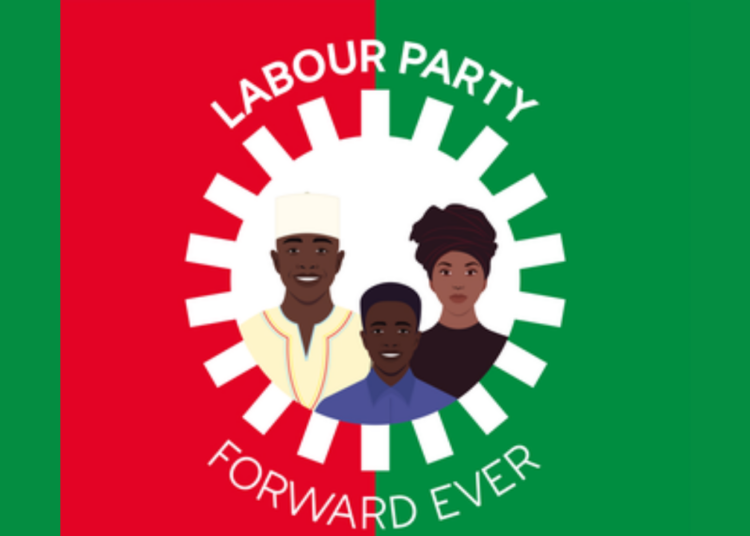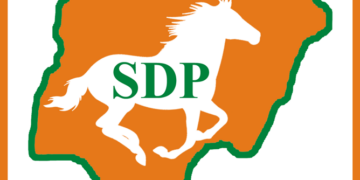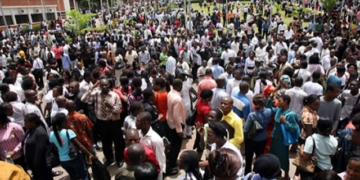The Labour Party (LP) caucus in the House of Representatives has described President Bola Tinubu’s one year in office as a reign of economic hardship and insecurity, which negates the Renewed Hope Agenda campaign promises of the current administration.
This was contained in a state-of-the-nation statement in Abuja yesterday signed by the caucus leader, Hon. Afam Victor Ogene, to mark the first anniversary of the current dispensation.
The LP caucus said it’s bewildering that the economy of the nation has dangerously continued on a free fall, one year after the inauguration of the current administration, thereby casting a cloud of doubt on the capacity of the All Progressives Congress ((APC) government to rescue the nation from the current situation, especially after what it described as “the precarious eight years of the past administration, characterised by widespread despair.
“After last year’s glitch-determined presidential election, and the legal gymnastics which ratified the indolent behavior of the electoral umpire, our Caucus had taken a backseat, in the patriotic hope that, maybe, just maybe, the beneficiary administration would be able to wrought magic and pull the nation from the precipice of economic annihilation.
“But, as can be felt by the blind,and seen by the deaf, the entire country has, after one year, come to the full and unambiguous understanding of what President Bola Tinubu meant, when he said that his administration would continue with the ‘legacies’ of his predecessor.”
According to the LP Reps, “The current staggering negative economic indices should alarm every Nigerian, as it has left many previous optimists, including ourselves, in glaring shock.”
It stated that the latest report of the National Bureau of Statistics (NBS), indicated that the food inflation rate in March 2024 was 40.01 percent on a year-on-year basis – an increase of 15.56 percent points higher, compared to the 24.45 percent rate recorded in March 2023
“Curiously, the NBS had pointed out that the disturbing rise in food inflation was caused by an increase in prices of garri, millet, bread and cereal, yam, dried fish, meat, and fruits, considered to be mostly everyday staple food for the ordinary man, who is now forced to battle with daily hunger as a result of food scarcity and decreasing purchasing power.”
The LP lawmakers also noted that “From 29.9% in January – the highest since 1996 – Nigeria’s general inflation rate today stands at 33.20% and a poverty rate of 38.9%.”











